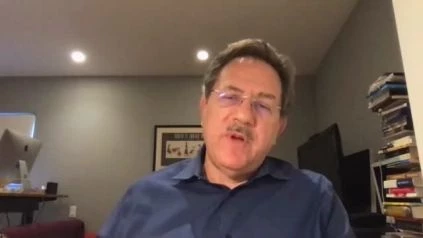Professor Arthur D. Lander, M.D., Ph.D. of UCI University of California, Irvine speaks about Dynamics of nevus development implicate cell cooperation in the growth arrest of transformed melanocytes; in collaboration with Rolando Ruiz-Vega, Ph.D.
Abstract
Study A cell-autonomous mechanism of ‘oncogene-induced senescence’ is commonly attributed to why nevi stop growing and do not progress to melanoma. We find no evidence that nevus cells are senescent, either compared with other skin cells or other melanocytes, using a mouse model of Braf-driven nevus formation, examining both proliferative dynamics and single-cell gene expression. We also found that distributions of nevus size could not be matched by any simple cell-autonomous growth arrest model, but were easily matched by models based on collective cell behavior, such as releasing an arrest-promoting factor in arresting cells. We believe that nevus growth arrest is more likely than any cell-autonomous,’ oncogene-induced’ program of senescence to be correlated with cell interactions that mediate size regulation in normal tissues.

